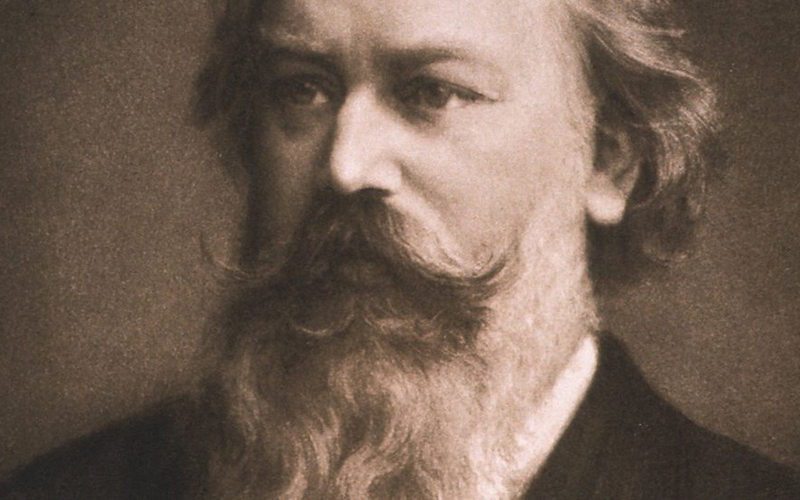Brahms
Episode #8 of the course “Famous classical music composers”
19th-century German composer Johannes Brahms is considered one of the most important composers of chamber music, chorus works, and symphonies of all time. Coming from a musical home, Brahms was highly active in the German professional musical community of his time. Influenced by these musicians, Brahms is traditionally considered a composer of pure, traditional German music. He did not experiment with tonality, preferring instead to focus on the sounds of folk music and lieders. He was also a perfectionist and would often revisit and revise previously published works after reworking a number of details to bring harmonic or melodic improvement.
Brahms was a prolific composer, writing over 140 lieders in addition to symphonies, chamber music, concertos, and folk dances. An accomplished performer, Brahms was the piano soloist at the opening performance of his Piano Concerto No. 1 in D-minor Op. 15. Although it took two performances before the work was accepted, it was afterwards considered a major and important piece in classical music.
Whereas most Romantic music up to that point had the orchestra serve as an accompaniment to the piano, Brahms structured the harmonies so the piano became more integrated into the orchestra. This goal to make the piano an ensemble piece is also seen in his Piano Quintet in F-minor Op. 34, where the piano accompanies the traditional string quartet instruments of violin, viola, and cello.
Seen as both an innovator and a keeper of the purist, classic sounds of traditional music, Brahms has had a wide range of influence on the musicians who followed him. Both composers interested in contrapuntal, atonal, modernist sounds and rhythms, as well as those interested in maintaining an authentic German folk sound, have expanded on Brahms’ works.
Share with friends

